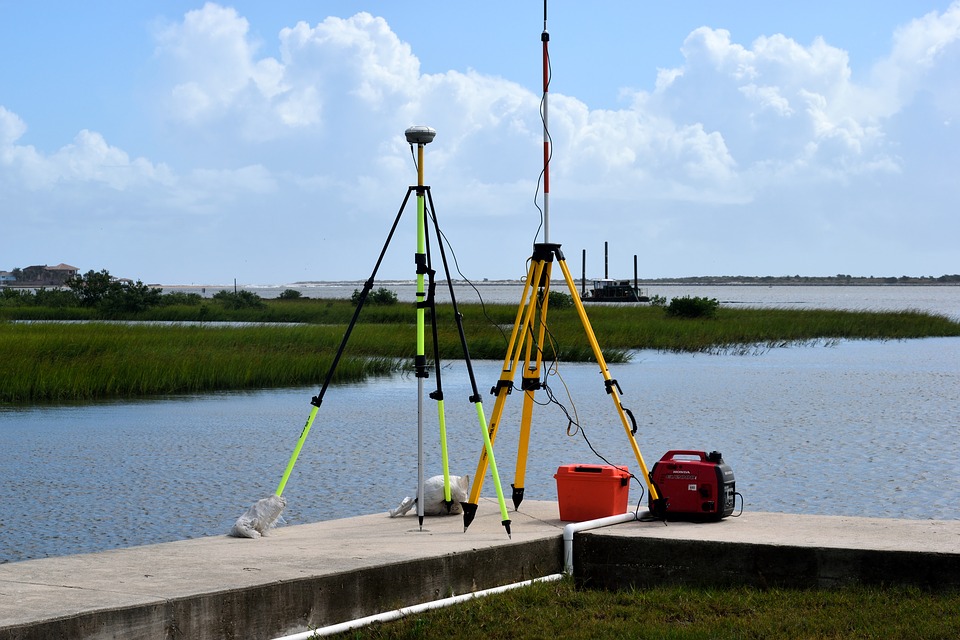Basics of Commercial Construction Inspection
A Pre Purchase Building Inspections Melbourne is a comprehensive inspection performed by a qualified build inspector. The
inspector is licensed in one or several fields and is qualified in inspecting structures of all types
and sizes to make professional judgments about whether the structure is compliant with building
code provisions. Generally, the building inspection covers the interior and exterior surfaces,
roofing, plumbing, heating system, electrical system, air conditioning, appliances and equipment,
insulation, drainage, septic tank, walls, windows, doors and other visible parts of the structure.
Besides, the inspector also inspects architectural aspects and systems like roofs, flooring,
ceilings, doors, windows, cabinets, fire escapes, manholes, elevators and doors. Inspection of
building equipment is also included. Under the supervision of a qualified official, the entire
building is inspected.
Building inspections are conducted before purchasing any commercial or residential property
and after purchase. Commercial building inspections cover the inspection of office buildings,
warehouses, shopping centers, hotels, restaurants, retail stores, factories, warehouses,
educational facilities, motels, hotels, apartment buildings, manufactured homes, single-family
residences and condos. For residential properties, building inspections typically cover buildings
with two to ten units. Building inspections can vary between owners because different property
owners have different goals in terms of safety and functionality.
Commercial building inspections have the primary goal of preventing issues that could
compromise safety and functionality in commercial buildings. Compliance with environmental,
health and safety standards is one of the main objectives. Another goal is to minimize
environmental disruption by reducing noise, dust, and vibration. Commercial building inspectors
must carefully assess a variety of factors before issuing a report about the building’s condition.
The failure of a building inspection report to accurately represent the condition of the structure
can result in delays in obtaining needed repairs and the need to completely rebuild or
reconstruct the affected building. The report’s reliability is due to close communication between
the engineer and the landlord. The report is also timely because it includes all relevant
information about the issue, rather than only what was discovered on the initial visit. We will
briefly discuss some of the common problems that may arise from a failed building inspector
report.

A commercial building inspection report that does not accurately reflect the condition can cause
delays in obtaining necessary repairs or the need for a complete rebuild of the affected building.
The report is delivered on time, as it contains all new information relevant to the issue. It is not
limited to what was found in the initial inspection. It is important for you to understand that this
type report is designed to provide an overview of the overall health and condition of the
structure. The inspector’s goal should not be to find the exact cause of a health problem but to
identify its severity so that it can be addressed in future. Safety systems and controls should be
consistently maintained throughout the life of the building. Safety reports should also include a
description for all equipment and systems used in maintaining safety and the status of
emergency system and controls.
A building inspection report may contain a recommendation for the inspector to make specific
repairs or upgrades to a commercial building being inspected. The inspector is responsible for
determining whether such improvements are warranted in such recommendations. If not, the
inspector must justify why. Commercial building inspectors have the experience and training to
perform routine Inspections. They are familiar with the latest practices in commercial building
inspections and are skilled at completing inspections according to recommended guidelines.
Commercial inspectors can provide detailed information to building owners about the condition of
commercial buildings.
A building inspection engineer is also trained and experienced in the preparation of inspection
reports after an inspection. The inspectors prepare a comprehensive inspection report detailing
the condition of the commercial building. The building owners receive the report for their
consideration and review. It is the responsibility of commercial building inspectors to ensure that
commercial buildings are inspected in accordance with strict building regulations. The inspection
engineers are also responsible for addressing any issues or concerns regarding the condition of
the buildings prior to or after the issuance of the inspection report. They also do scheduled
follow-ups. This includes addressing any non Compliance noted during the inspections.
The objective of having a building inspection conducted is to prevent unlawful activities, prevent
damage or destruction, and to ensure compliance with local, State and federal building
regulations and laws. In some cases, commercial inspections may be required, such as changes
in zoning laws or incidents of structural damage, fire protection or damage control, and
modifications that affect the business’ general functioning. Business owners have a legal
obligation to maintain the premises on which they conduct business. Both the business and the
person running it can benefit from compliance with applicable building regulations. Regular
inspections by a competent and qualified building inspector can help to protect the individual’s
personal assets and reduce costs
